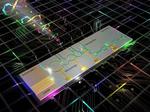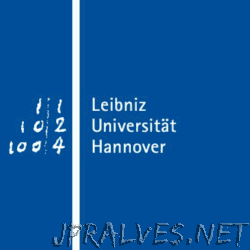Other

“Prof. Dr. Michael Kues and doctoral student Anahita Khodadad Kashi disproved previously valid assumptions with their newly developed model and experimental verification. An international team of researchers from Leibniz University Hannover (Germany) and the University of Strathclyde in Glasgow (United …

“The new development is scalable and suitable for use in photonic quantum computers An international team of researchers from Leibniz University Hannover (Germany), the University of Twente (Netherlands), and the start-up company QuiX Quantum has presented an entangled quantum light …

“Researchers demonstrate a novel photonic interference effect that could pave the way to large-scale controllable quantum systems Researchers demonstrate a novel photonic interference effect that could pave the way to large-scale controllable quantum systems It’s another step on the …

“An international team with the participation of Prof. Dr. Michael Kues from the Cluster of Excellence PhoenixD at Leibniz University Hannover has developed a new method for generating quantum-entangled photons in a spectral range of light that was previously inaccessible …

“New approach for controlling qubits via microwave pulses reduces error rates and increases efficiency A functional quantum computer is one of the most intriguing promises of quantum technology. With significantly increased computing power, quantum computers will be able to solve …

